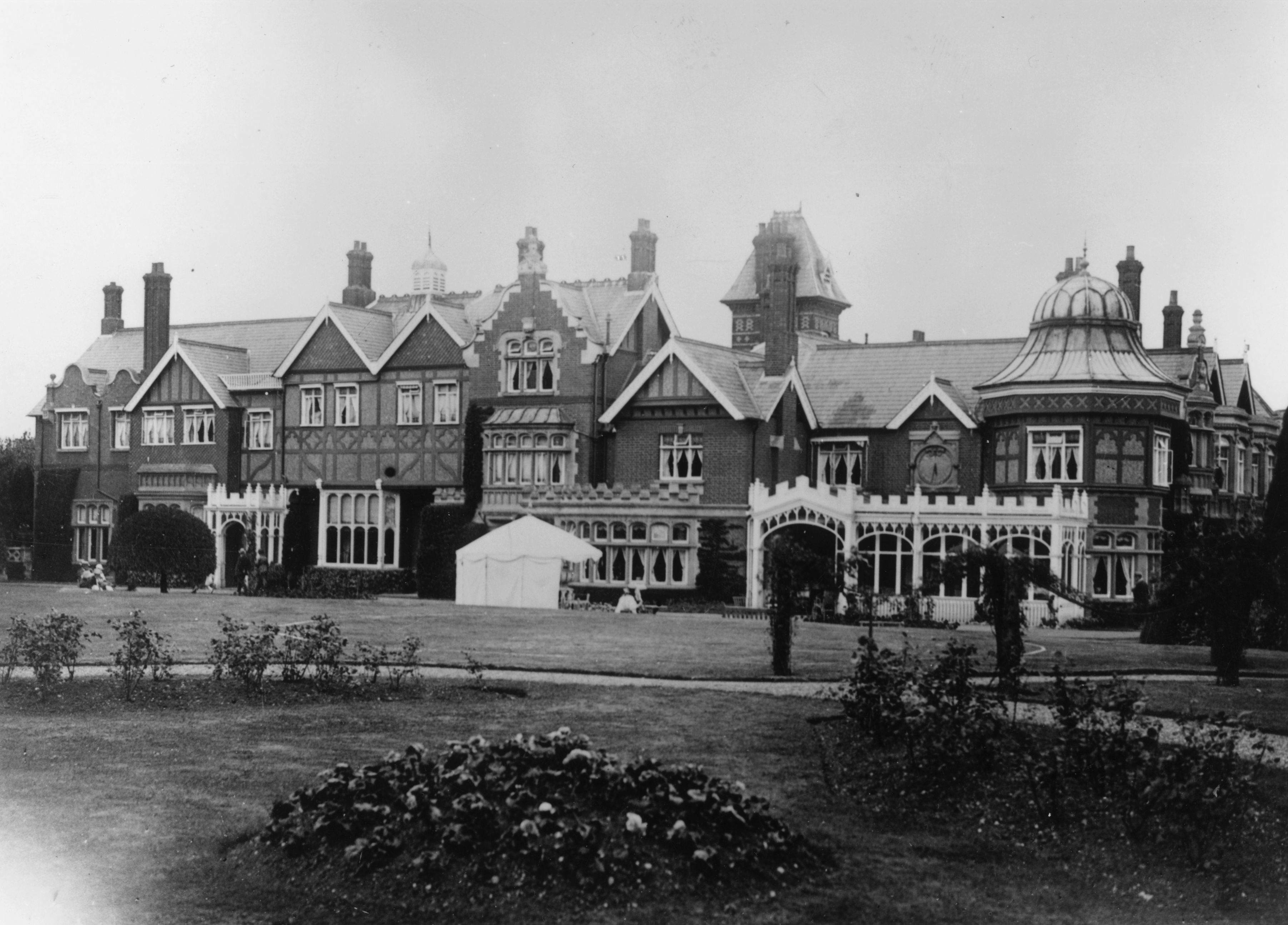Britain’s WWII codebreaking hub Bletchley Park given £1 million by Facebook

Bletchley Park was a codebreaking facility during World War Two.
Getty
LONDON — Bletchley Park, a top-secret British codebreaking hub in World War Two, has received a £1 million ($1.3 million) donation from Facebook to help it through the coronavirus pandemic.
The donation comes after Bletchley Park, which is now a national heritage attraction and computing museum, said in August that it had lost over 95% of its income between March and July as a result of the virus. It reopened on July 4 but with reduced visitor numbers and is expecting to record a £2 million deficit this year.
Iain Standen, chief executive of Bletchley Park, said in a statement: “We are very grateful to Facebook for their generous donation.”
“With this significant support, the Bletchley Park Trust will be better positioned to operate in the ‘new world’, and keep its doors open for future generations.”
Located around 55 miles north of London, Bletchley Park is where British codebreakers including Alan Turing cracked Nazi Germany’s notorious Enigma machine. This allowed the Brits to intercept messages with information on where Nazi Germany was planning to strike next.
During the war, the Government Code and Cypher School (GC&CS), now known as the Government Communications Headquarters (GCHQ), was located at Bletchley Park. The sprawling site – home to a Victorian mansion and several huts where codebreakers worked – is well known for playing a key role in helping the Allied forces win the war, as depicted in “The Imitation Game” movie.
The birthplace of modern computing
At Bletchley Park, engineers Turing and Gordon Welchman showed the potential of mechanizing codebreaking, while Tommy Flowers and his team built the world’s first large-scale electronic digital computer.
Hailed as the birthplace of modern computing, Bletchley Park now attracts visitors from all over the world. In 2019, some 280,000 people visited Bletchley Park and over 47,000 participated in its learning programs.
The listed charity, which relies on donations, said it intended to use Facebook’s donation over the next two years to support its visitor experience, exhibitions and learning programs. It will also use it to pay the salaries of staff that may otherwise have been laid off.
Steve Hatch, Facebook’s vice president for Northern Europe, said: “The historic achievements of Alan Turing and the Bletchley team have benefited all of us greatly, including Facebook.
“The U.K. is our biggest engineering hub outside of the US and responsible for building technologies to keep our community safe, for the future of work and commerce, and for the exciting world of VR and AR,” Hatch added. “This wouldn’t have been possible without the legacy of Alan Turing and his team and our hope is that Bletchley staying open inspires the next generation of engineers.”
Corporations such as Bloomberg, Goldman Sachs, and British Telecom have also supported Bletchley Park through various sponsorship arrangements.
Bletchley Park has also applied for funding via the U.K. government’s £1.75 billion Culture Recovery Fund and it is awaiting a decision.
